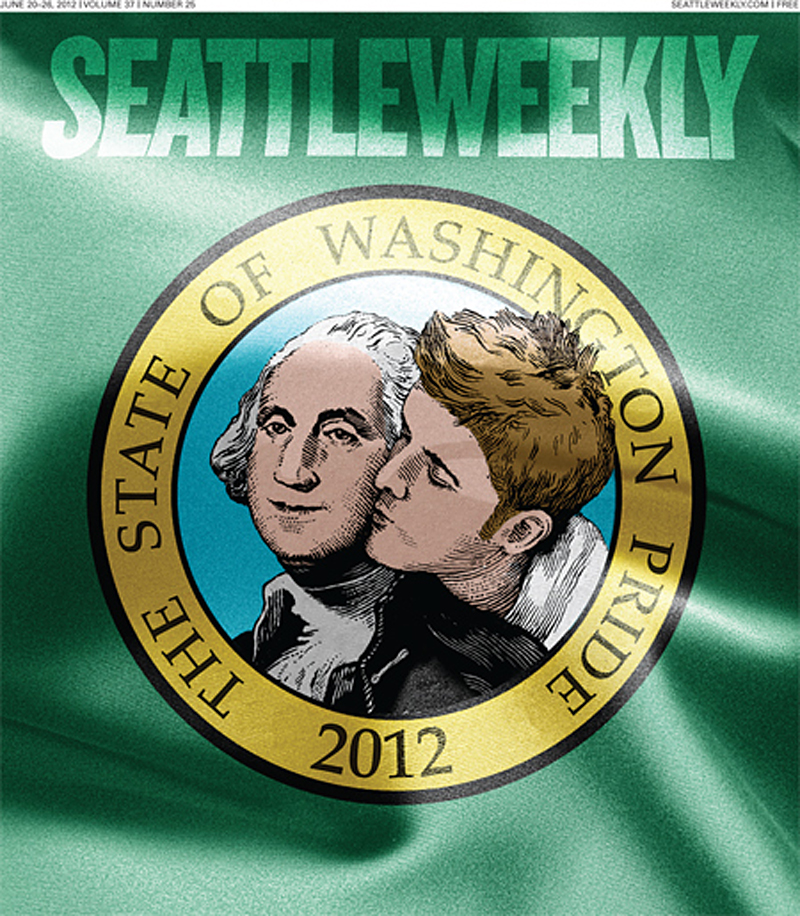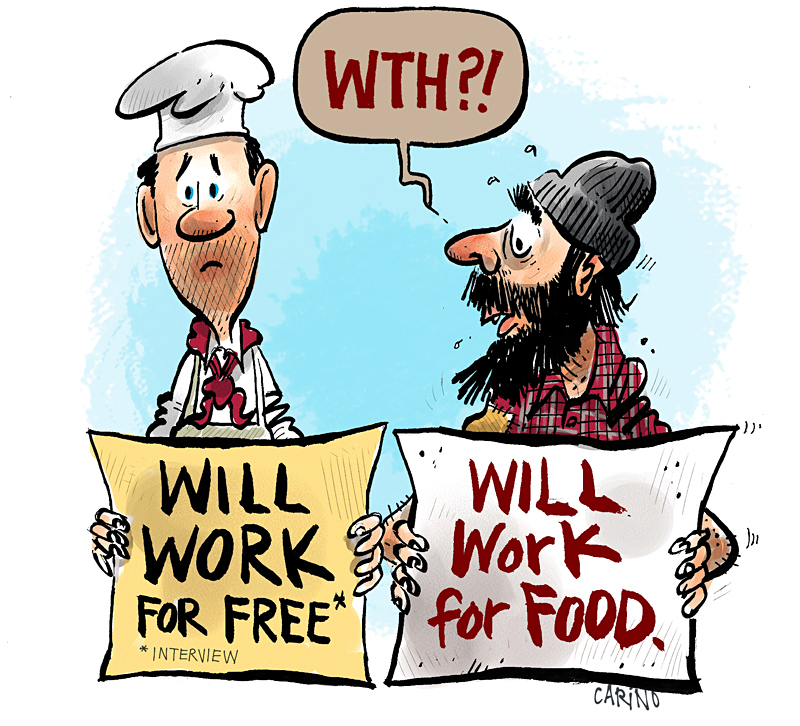Gay rights and Christianity are becoming less polarized, and the Rev. Troy Perry is one of the men to thank for this.
Perry founded Metropolitan Community Churches (MCC) in 1968, making it the first Christian church in the world to minister primarily to LGBT groups. In 1972, MCC planted a church in the University District. In honor of its 40th anniversary and as part of this year’s Pride Week, the 71-year-old openly gay reverend will speak at Friday’s Seattle MCC banquet dinner, at an interfaith worship service on Saturday, and after Sunday’s Pride parade.
“When MCC was founded, you could get fired for being gay,” Perry says. “Police called us criminals and psychiatrists called us sick.”
With his visit from Los Angeles, and especially in his speech on love and marriage after the Pride parade, Perry says he wants “to rabble-rouse the troops for the fight ahead.” He’s referring to the quest to legalize same-sex marriage, which he believes is the biggest challenge currently facing the LGBT community. “It’s the big enchilada,” Perry says. “Once you win marriage, you’ve won it.”
In Washington state, Referendum 74 could quash the same-sex- marriage law signed in February by Gov. Christine Gregoire. The referendum officially qualified for the November ballot on June 12 after sponsors collected 247,331 signatures. Some of the push for R-74 in Washington has come from religious groups, but Perry says Christianity is actually in line with LGBT goals. “MCC churches believe in Christian salvation for the GLBT community,” Perry says. “Where you find oppression, you will find deliverance.”
Perry says most of the gay community feels alienated by the church, but MCC’s goal is to counteract that reaction. “We want them to know they can have a spiritual walk,” Perry says.
Perry says he has seen this type of openness in other denominations as well. For example, some Mormons have begun to walk away from an ultraconservative, critical view of gays and lesbians, as seen on June 3 when 300 Mormon families marched alongside LGBT groups in Salt Lake City’s Pride parade. Also, as of 2010, about 40 percent of Unitarian Universalist churches welcome the LGBT community.
To move toward the legalization of same-sex marriage and expansion of gay rights, Perry says the best approach is to spread awareness.
“I have always maintained that if all of us would come out of the closet, a majority of Americans would know someone gay,” says Perry. “Knowing us is to love us, and getting to know gay people makes all the difference in the world.”






